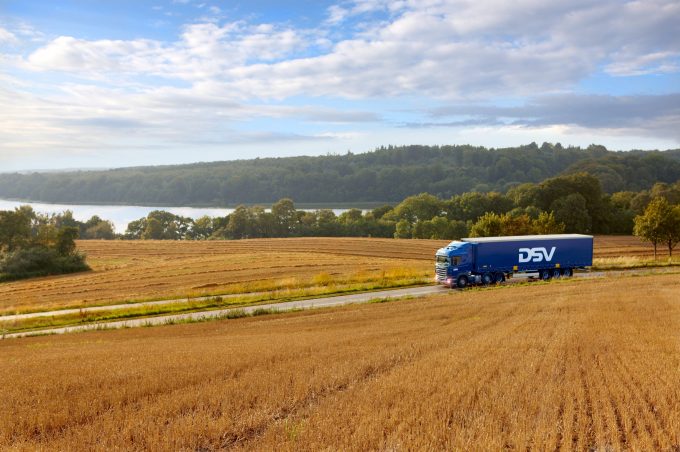US shippers without full supply chain visibility are 'just asking for problems'
Question marks linger over long-term implications on global trade stemming from the Trump administration’s tariff ...

At the November Glasgow climate conference, COP26, the Danish government along with other states and carrier Maersk Line, agreed to push for zero emissions from shipping by 2050, doubling the maritime sector’s emissions target.
The maritime sector failed to build on this initiative during its own ...


Comment on this article